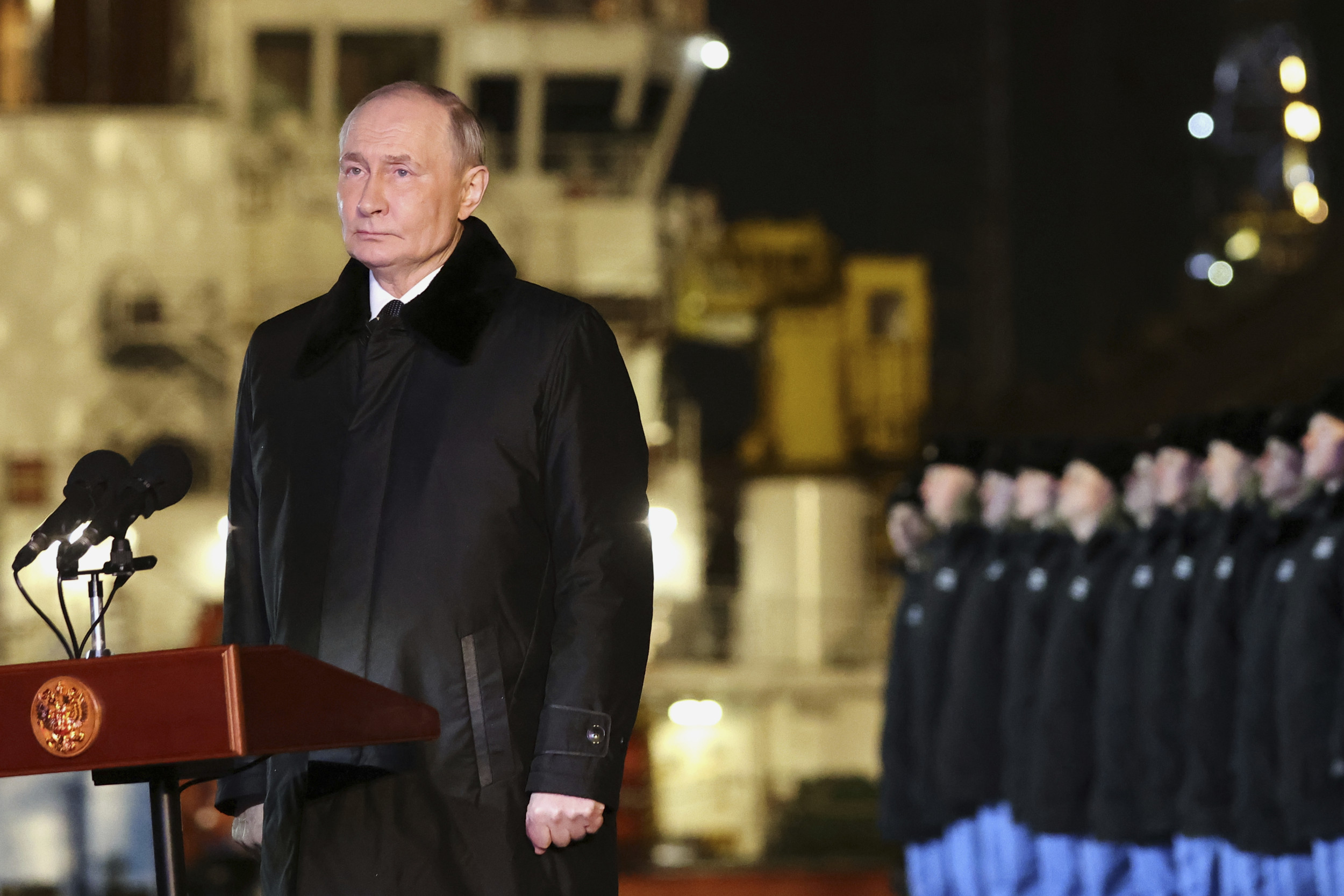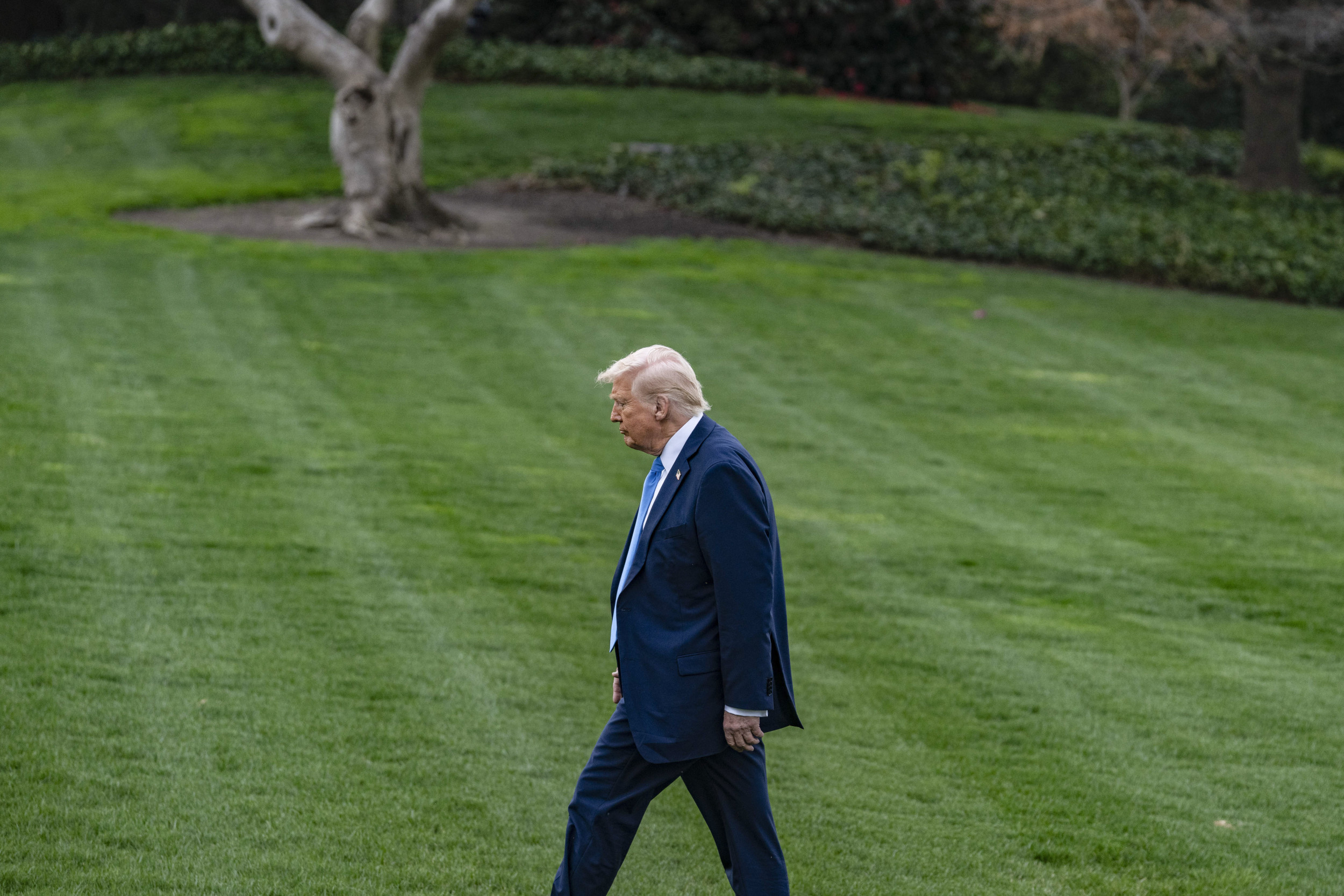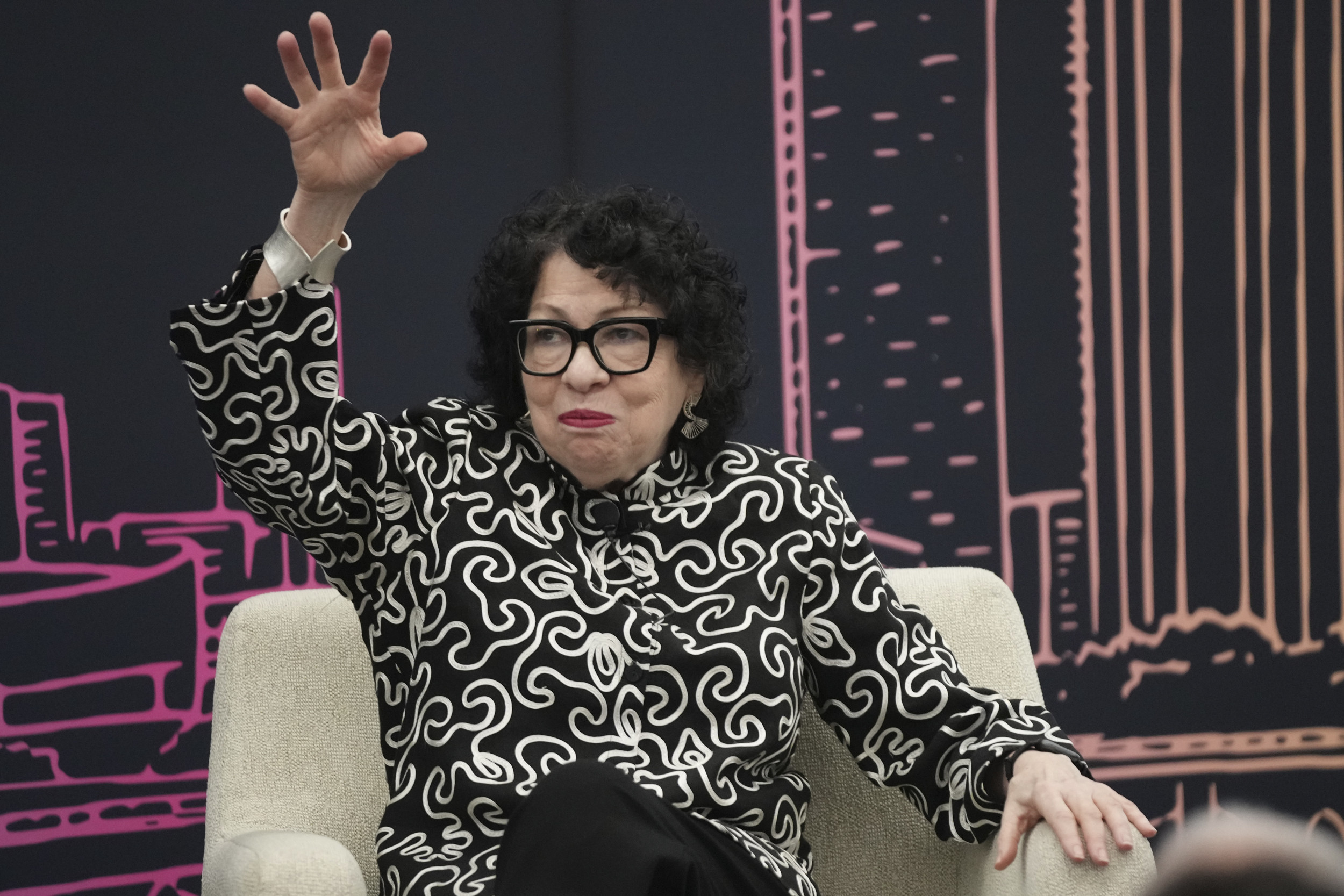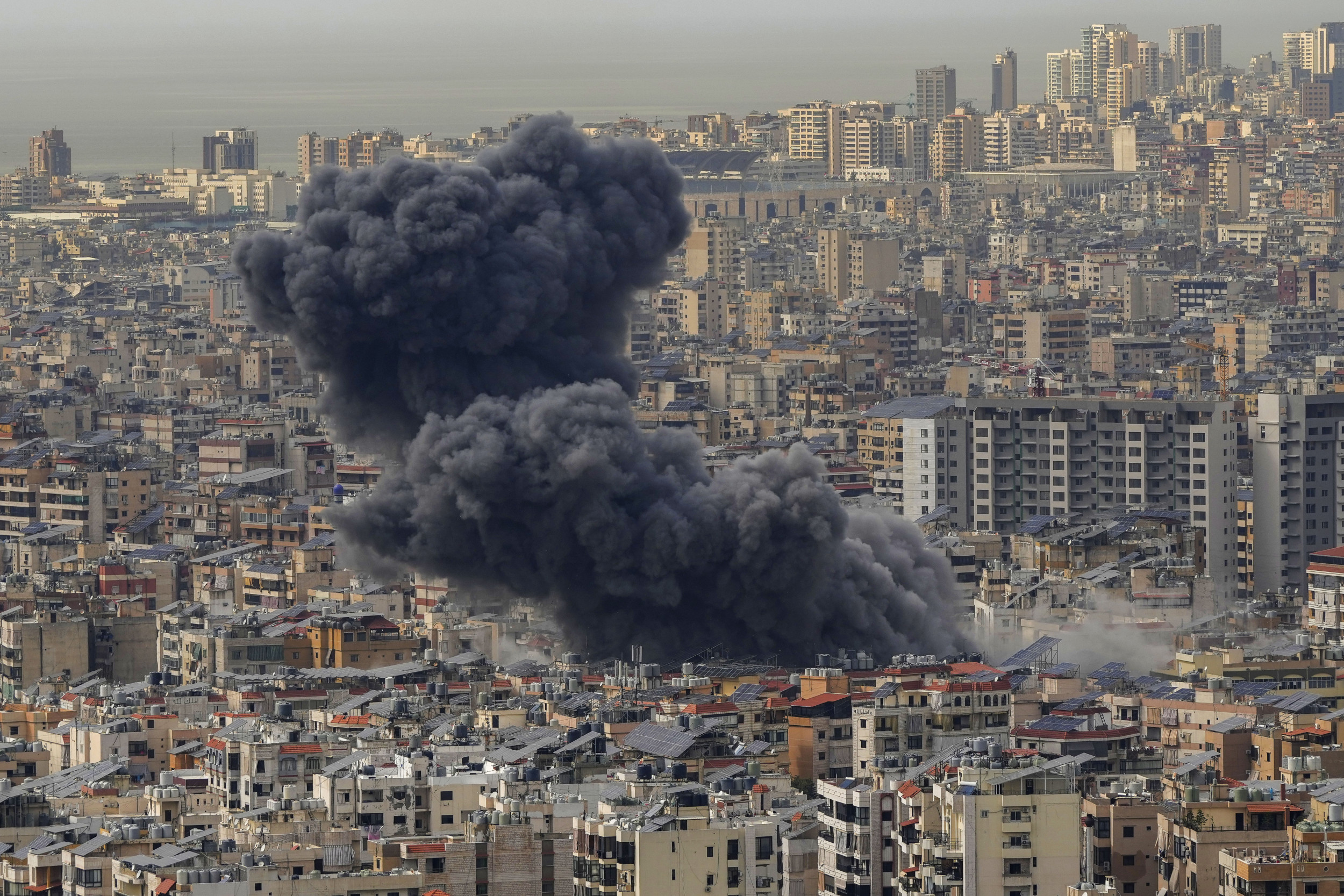Serbian Deputy Prime Minister Aleksandar Vulin has said that Russian spies had helped thwart the protests against President Aleksandar Vucic, Reuters reported.
Newsweek reached out to the Russian and Serbian foreign ministries for comment via email.
Why It Matters
Russia's aiding the Serbian government in stopping the protests highlights Moscow's close ties with Belgrade, which could jeopardize Serbia's ambitions of joining the EU.
Moscow's involvement in Serbian political affairs also appears to be part of a larger trend in and around Europe, as Russia has also been accused of interfering in elections in Romania and Moldova.
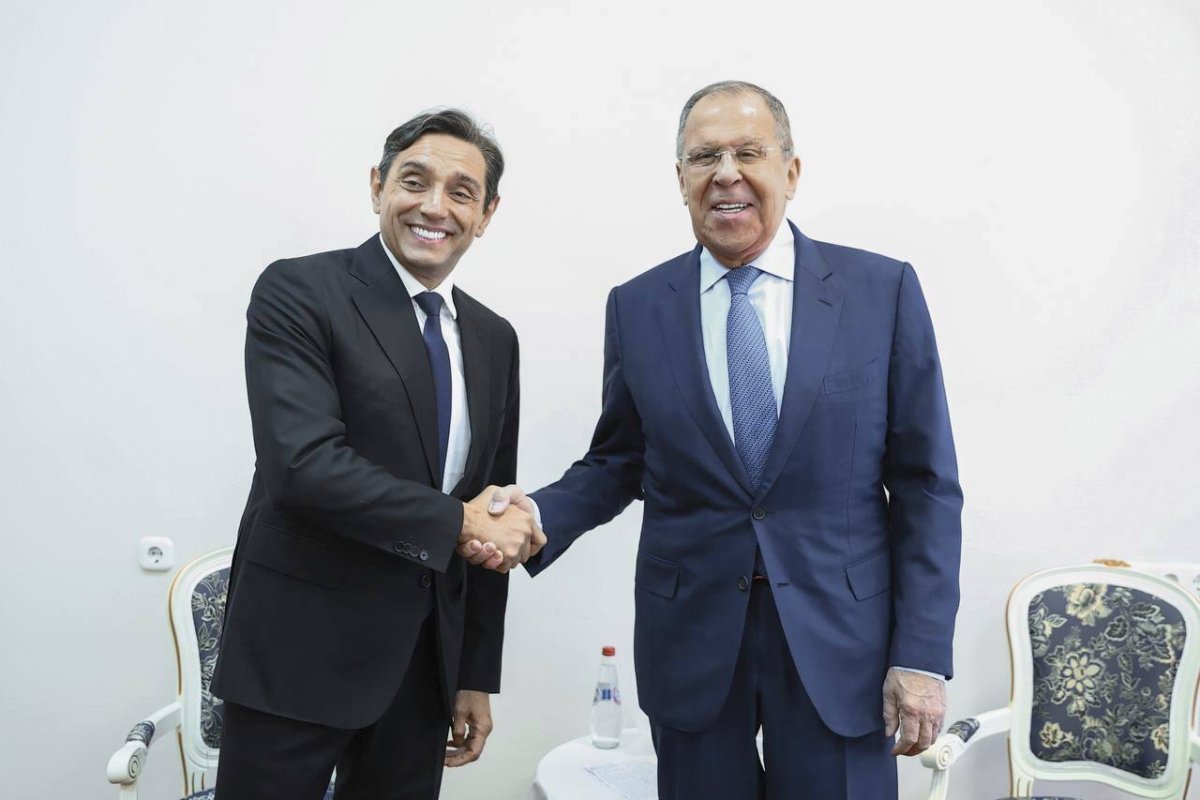
What To Know
The deputy prime minister told Reuters on Friday that he was "very grateful to Russia's special services, which always support us in our fight against color revolutions, primarily with information," and added that "They know what danger hangs over Serbia."
In mid-March, thousands descended on Belgrade in a demonstration that marked the culmination of anti-corruption protests, which were sparked by the collapse of a railway station roof in Novi Sad in November that killed 16 people. President Aleksandar Vučić has often described these demonstrations as attempts at a "color revolution," referring to pro-Western protests that toppled governments in Ukraine, Georgia and Kyrgyzstan. The protest leaders have denied having any Western ties, according to Reuters.
"The color revolution in Serbia has been organized by US deep state, same one which is trying to obstruct peace efforts of President Trump, as well as several European intelligence services," Deputy Prime Minister Vulin told the Russian outlet TASS on Sunday.
Vulin added that the "same actors are behind attack on President [Milorad] Dodik and Republika Srpska," one of the two entities making up Bosnia and Herzegovina.
"These simultaneous attacks have one goal—collapse of Serbia and bringing into power in Serbia politicians who will execute everything what the West demands, including sanctions against Russia," he said
Vučić is not considered an ally of Russian President Vladimir Putin, but he has maintained close ties with Moscow.
What People Are Saying
Aleksandar Djokic, a Belgrade-based political scientist critical of the government, told Reuters that Vulin's statements "are echoing how much Russia's support is important for the regime."
"The only open support to the regime comes from Russia, all others are either neutral or are condemning it."
In a post on X, formerly Twitter, Lazar Radic, an assistant professor of law at IE Law School based in Spain, wrote: "Vučić is the poor man's Putin/Orban and aspires to the same status....Protests are about democracy & the rule of law. If the EU still cares about these values, it should speak out."
Marta Kos, the European commissioner for Enlargement, wrote on X on March 19: "I had a constructive meeting with President @avucic. We discussed concrete steps on Serbia's EU path, the implementation of the Growth Plan and reiterated our expectation on a clear Serbian orientation towards the EU. I emphasised that enlargement is a whole of society process. This is not possible without strong civil society and independent media. It is the best way forward."
What Happens Next
Russia has not reacted to Vulin's statement that its spies were involved in stopping the protests.
fairness meter
About the writer
Maya Mehrara is a News Reporter at Newsweek based in London, U.K.. Her focus is reporting on international news. She ... Read more
